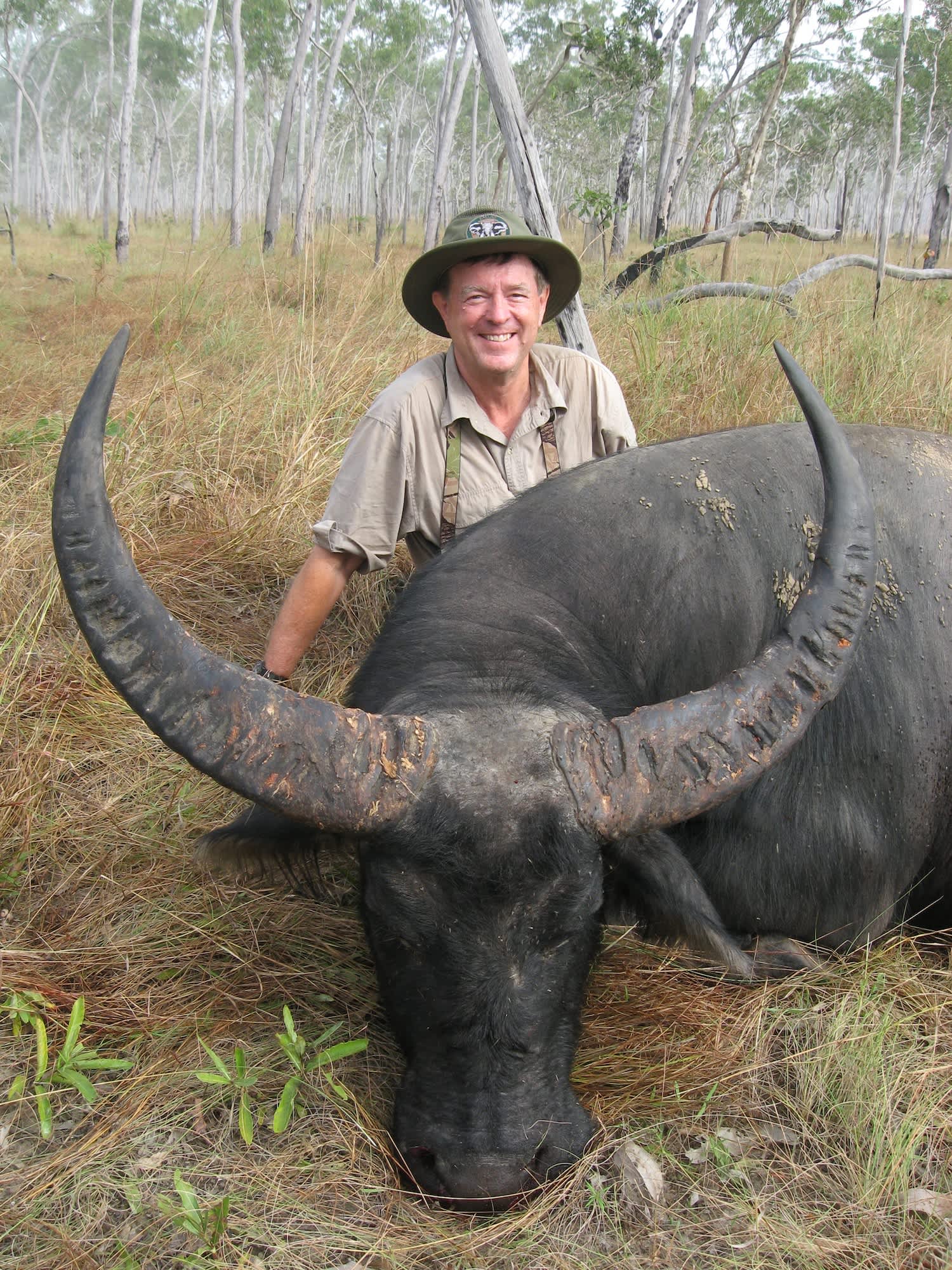Planning Your 2014 Dream Hunt: Select the Right Outfitter
Dallas Safari Club 08.27.13

It’s not too soon to begin planning hunts for 2014 and beyond. Dallas Safari Club (DSC) is offering a three-part series of tips to help you start choosing, finding, and booking your next adventure of a lifetime.
Part one discussed preparing for annual sporting shows, such as the DSC convention and expo, that will be held January 9-12 in Dallas (www.biggame.org). Advance preparation will help you decide on a specific type of hunt and begin finding potential outfitters. Once you’ve narrowed your search to two to three operators in the same price range, you’ll be ready to attend the show and meet the outfitters personally
Part two: Selecting an outfitter
It’s important to interview and vet carefully, not because there are bad operators, but because not every hunt is perfect for every hunter. You know your tastes, preferences, and abilities. Make sure you communicate those and ask questions to ensure a good fit. DSC maintains a code of ethics and standards for hunt operators within its membership. Any outfit exhibiting at the DSC show is a member in good standing.
Here are five tips to help you pick the right one.
- Shop wisely. Never book a hunt based solely on what an outfitter, guide, or booking agent tells you. If you have an established relationship with an agent or operator, that’s one thing. Just don’t plunk down thousands of dollars based on a brochure and sincere mannerisms. Make decisions based on informed research.
- License confirmation. Check to make sure your guide or outfitter is legal. For example, only a Zimbabwean registered PH (professional hunter) or safari operator can conduct hunts in Zimbabwe—no freelancers from outside may guide. Contact the wildlife department in the area you plan to hunt and ask how to check on your outfitter’s status. Some states require formal licensing. Others require registration or membership to an association. Also check if there are any complaints on file against your operator.
- Member status. Seriously consider an operator who is a member of the local professional hunters association. These groups have stated codes of ethics and conduct by which members must abide. While these groups may not be able to take legal action against violators, they can provide you with some recourse if anything goes awry.
- References. Always ask operators for references and make sure you call them. Get references for the last three to five years, including last hunting season. This will give you a sense of the operator’s performance over a long period, as well as a recent snapshot on what to expect. Ask for references that were successful on their hunts and some who were not. If an unsuccessful hunter still recommends an operator, that’s a good sign.
- Get specific. Ask specific questions and do not accept general or ambiguous responses. If a reference tells you the guides are great, ask what makes them great. Ask about their personality in camp, skill at spotting and putting you on game, understanding of a bowhunter’s special needs, and ability to adapt to a client’s capabilities. If they say there’s plenty of game, be sure to ask about the actual numbers, species, quality animals, access, shot distances, etc. If they say the terrain is easy, ask if they mean it’s easy for a fit 30-something or easy for a 70-year-old with knee replacements? In short, get specifics. Watch for conflicting information from references and the outfitter.

